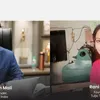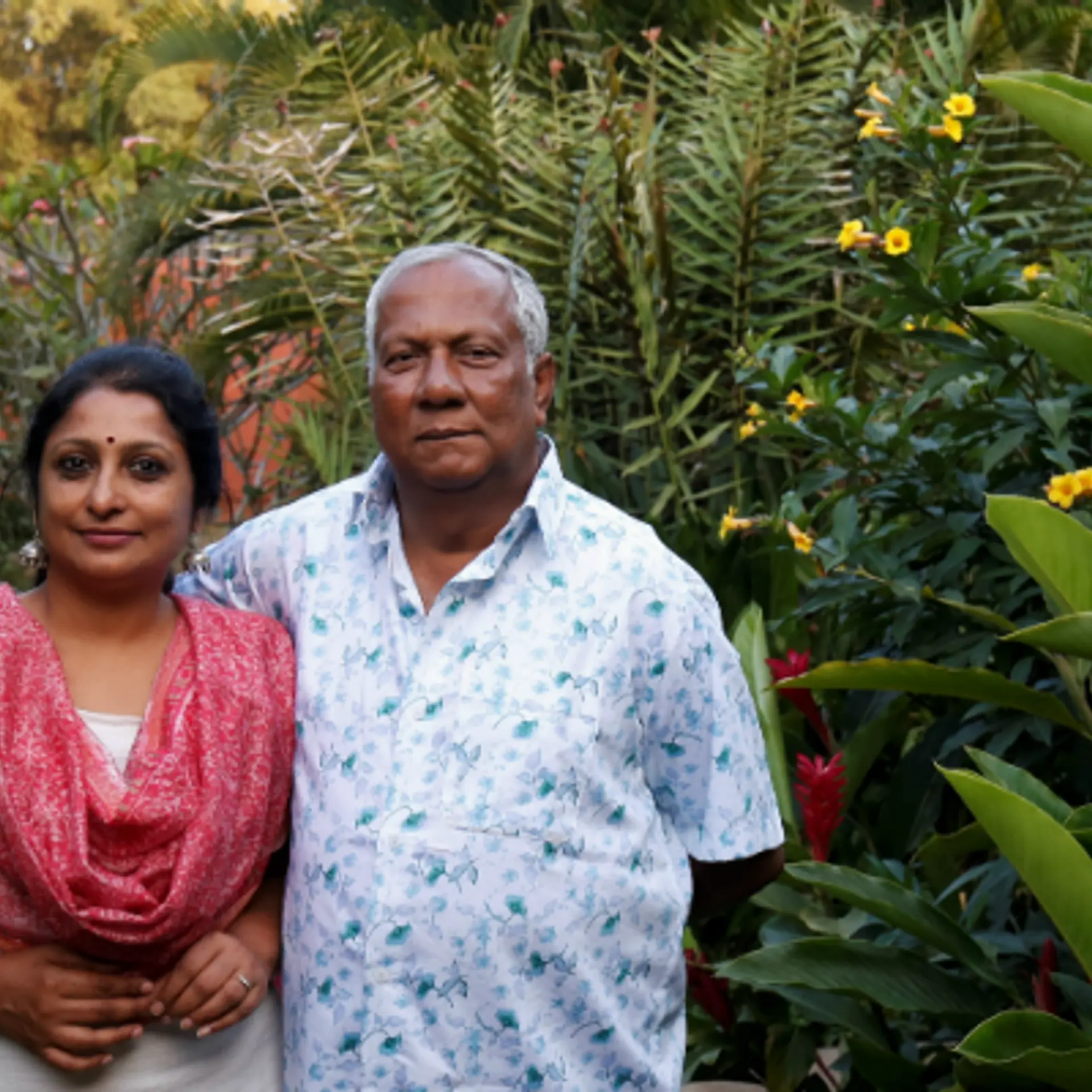Made-in-India brands that are on a mission to control pollution
National Pollution Control Day is observed on Dec 2 every year to spread awareness about rising levels of pollution and practices to curb the same. In this story, SMBStory lists five companies who are on a mission to control rising levels of pollution.
India observes National Pollution Control Day on December 2 to honour those who lost their lives in the Bhopal gas tragedy. Over the years, it has become a day for spreading awareness about rising levels of pollution and best practices to curb the same.
On National Pollution Control Day, SMBStory lists five companies taking efforts to curb pollution through their innovative products.
Lucro Plast-E-cycle
The COVID-19 pandemic may have brought the world to a standstill but it has also compelled human beings to take a better look at how we use our resources. It has woken up the world to the damage done to the environment and the planet at large.
Take plastic waste mismanagement, for example, a problem plaguing the Earth for decades, especially in India.
According to a report by the United Nations, the world produces 400 million tonnes of single-use plastic (SUP) waste annually (47 percent of the total plastic waste). It is also estimated that only nine percent of the plastic is getting recycled worldwide.
Companies like Lucro Plast-E-cycle Private Limited have been trying to manage the situation, and save the plant from being choked to death. The Mumbai-based company was started in 2012.
The company specialises in difficult to recycle film plastic waste, specifically focusing on flexible packaging. Flexible packaging is something people don’t tend to recycle because it’s very difficult to do but they try to drive value out of this plastic waste.
The co-founders tell us that Lucro has grown by 100 times over the past eight years. It claims to be one of the largest suppliers of recycled packaging and protective covers, serving over 200 manufacturers and customers across different sectors including Mercedes Benz, Maruti Suzuki and Marico.
Greensole
According to the WHO, more than 35 crore pairs of shoes are discarded all over the world every year. This presents a threat to the planet as World Footwear estimates that soles may last up to 1,000 years in a landfill.
Being athletes, friends Shreyans Bhandari and Ramesh Dhami knew that the wearing out and wastage of shoes was common.
“Intense running and workout wear out shoes in a couple of months. This generates a lot of waste as damaged shoes aren’t properly disposed of. We realised this when both of us were left with discarded pairs of shoes and we didn’t want them to just be thrown away,” Shriyans Bhandari, Co-founder, tells SMBStory.
This made the duo wonder if there was an alternate way to use these shoes, and that’s when they came upon the idea of recycling them.
With the aim to make the world more sustainable and eco-friendly, Shreyans and Ramesh started Greensole in 2015 with a capital of Rs 10 lakh to recycle old pair of shoes for corporates. The brand also made a retail presence in 2019 by launching a vegan footwear range.
In a span of a little over five years, Greensole now operates under two entities – B2B and retail, selling recycled shoes to corporates for their CSR initiatives and vegan footwear directly to customers, respectively.
Responsible Whatr
Do you know how much India struggles to collect the waste plastic water bottles? According to a Central Pollution Control Board (CPCB) report from 2012, India generates 15,000 tonnes of plastic a day of which 40 percent remains uncollected. This trashed-but-not-collected plastic waste adds up to land and water pollution, posing a serious threat to the environment.
Not just industries and households, but five-star hotel chains and restaurants also generate alarming plastic waste mostly in the form of plastic water bottles.
After seeing such large scale plastic consumption, Ankur Chawla undertook a research to find a solution.
A beverage expert and a veteran of the hospitality industry, with over a decade of experience of working in Taj Hotels and JW Marriott, Ankur realised the biggest problem this sector faced was disposing of plastic waste.
In an interaction with SMBStory, he says,
“I wanted to solve the plastic waste problem which I have been witnessing for many years. I quit my job in 2016 and for the next three years, I set up a catering company and worked as a consultant for big brands and the problem of waste disposal existed there too. It was like everyone was seeking a solution but nothing was available. And then I chanced upon some luck”.
Ankur met Bhrigu Seth who was into exotic farming and was supplying greens to modern retail shelves. Both of them realised that they shared a common goal and it didn’t take long for them to draft a plan of action.
After going through the intricacies of the issue at hand, the duo came up with a solution - aluminium.
Ankur and Bhrigu decided to launch , a natural spring water beverage packed in an aluminium can to solve the problem of waste plastic water bottles.
Responsible Whatr is one of India’s first natural spring water beverage, offered in a sustainable and endlessly recyclable aluminium can. It’s a non-alcoholic beverage that was launched with a vision for a sustainable future and an agenda to reduce single-use plastic pollution. Responsible Whatr is a home-grown brand launched with the purpose of offering solutions to alarming environmental hazards.
Visaka Industries
Set up as a cement roof-manufacturing company in the early 1980s by G Venkat Swamy and his son G Vivekanand, Hyderabad-based Visaka Industries Limited has transformed over the last four decades to make sustainable building materials and textiles. It recorded an annual turnover of Rs 1,127 crore in 2019-20.
In 1992, the company expanded into textiles, developing the revolutionary sustainable fabric Wonder Yarn from discarded PET bottles. The technology of Murata twin air-jet devices integrates material used in PET bottles to create a fabric that has since kept 100 million PET bottles from being dumped into landfills.
After third-generation entrepreneur Vamsi Gaddam's entry into the business, Visaka introduced a brand that would manufacture a range of sustainable building products and be a substitute for plywood.
“Holding true to our pledge of sustainability and eco-friendliness, we have preserved 5,00,000 trees, prevented the emission of 90,000 tonnes of CO2, and recycled 100 million PET bottles,” he says. “We also manufactured vendor carts that are equipped with ATUM solar roofing and donated to the underprivileged,” Vamsi tells SMBStory.
Deshwal Waste Management
When budding entrepreneur Raj Kumar was working in the IT sector, he noticed e-waste was becoming increasingly difficult to manage and recycle, and pollution from e-waste was on the rise.
“Looking at this, I decided to serve the society and contribute to global welfare and environment safety by establishing my first e-waste recycling plant in Khushkhera, Rajasthan, under the name Deshwal e-waste recycler,” he says.
Raj decided to invest his money and formally launched Deshwal Waste Management in 2013. He also established another large-scale recycling facility in Manesar. The two facilities began recycling various kinds of e-waste, used batteries, plastics, and used oils.
The company now has a corporate client base of over 200, including industry giants from the IT sector, heavy industries, automobiles, consumer goods, financial sector, etc.
Since its inception, Deshwal has recycled well over 1,000 metric tons of waste and is aiming to recycle more than 500 tons per year after 2019.
Edited by Anju Narayanan









